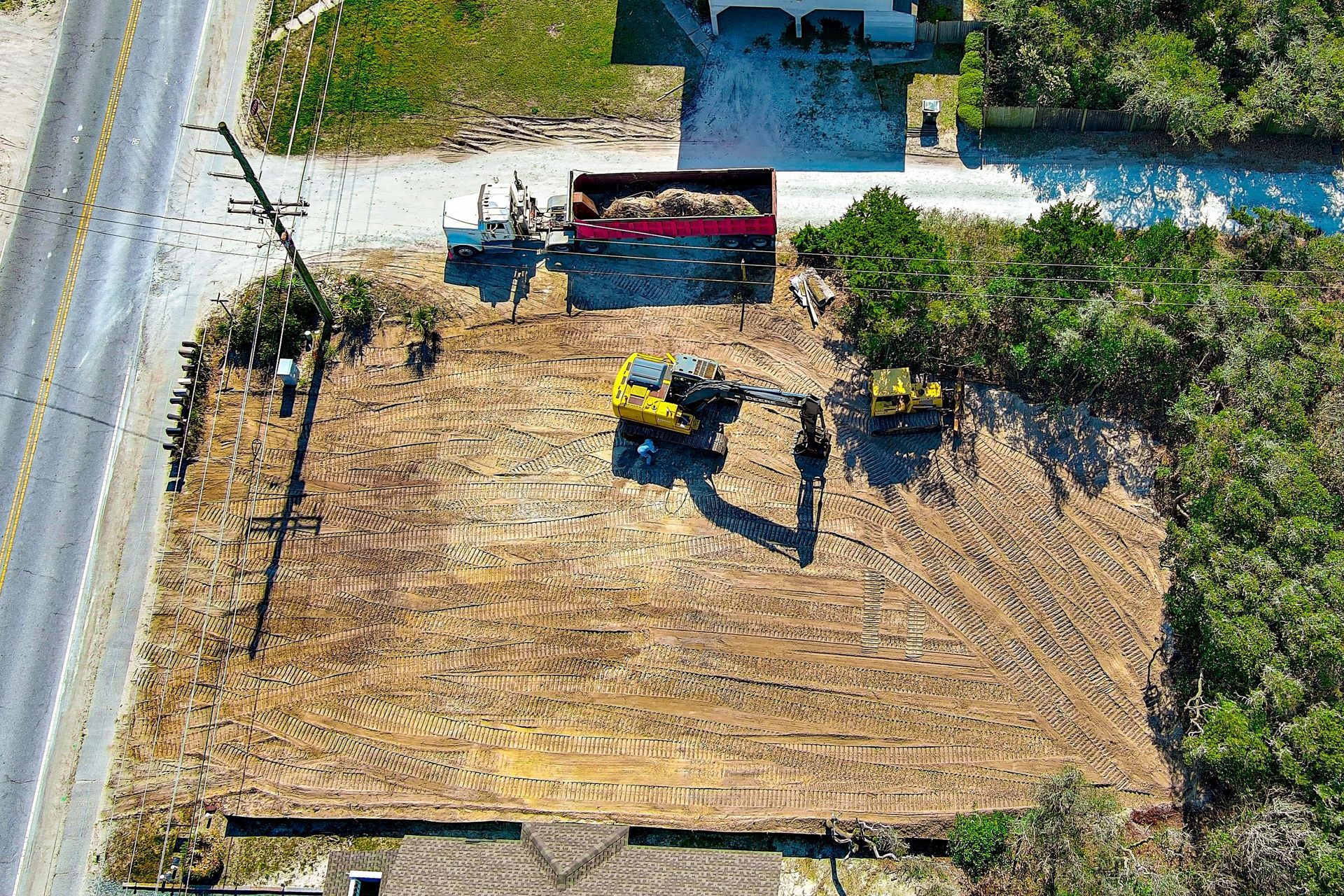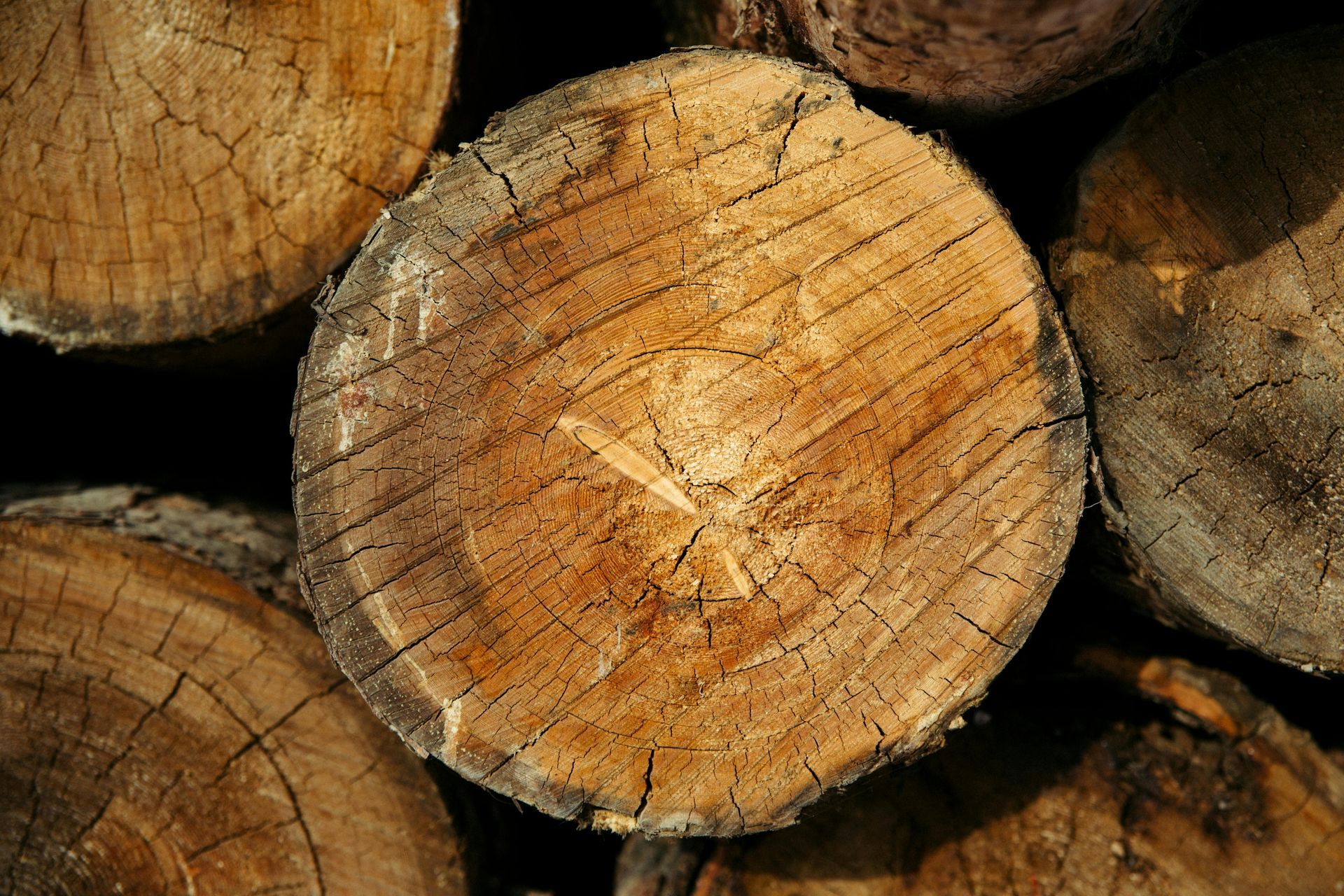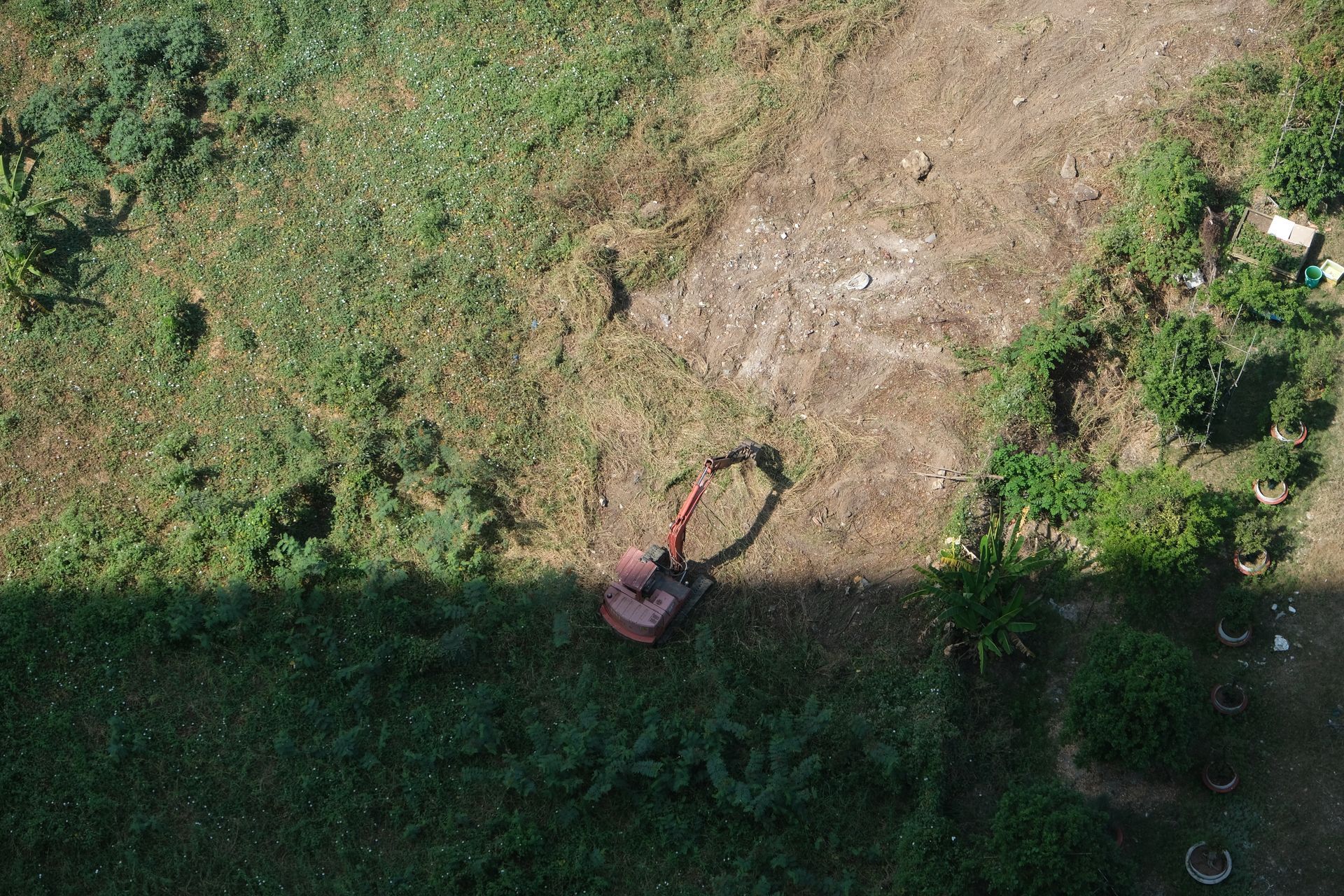Benefits of Pond Installation and Maintenance for Residential Properties
Ponds can transform a residential property into a serene oasis, providing aesthetic appeal, wildlife habitat, and even recreational opportunities. However, installing and maintaining a pond requires expertise to ensure it remains functional and beautiful. At Grade Timber Excavating Services, we've completed numerous pond projects in Springfield, IL, demonstrating our commitment to quality. In this blog, we'll explore the benefits of professional pond installation and maintenance services.
The Importance of Professional Pond Services
Amateur pond installations often lead to issues like leaks, poor water quality, or structural failures. Professional services from Grade Timber ensure proper excavation, liner installation, and ecosystem balance, creating ponds that thrive for years. Well-maintained ponds not only enhance property value but also contribute to local ecology by supporting biodiversity and natural water filtration.
Key Benefits of Pond Installation and Maintenance
1. Aesthetic Enhancement and Relaxation
A professionally installed pond serves as a stunning focal point in your backyard, with features like waterfalls, lighting, and aquatic plants adding visual interest. The soothing sounds of flowing water promote relaxation and mental well-being, turning your outdoor space into a peaceful retreat.totalpond.com Regular maintenance keeps the pond clear and vibrant, ensuring it remains an enjoyable feature year-round.
2. Wildlife Habitat and Biodiversity
Ponds attract birds, amphibians, and beneficial insects, fostering a mini-ecosystem on your property. This boosts local biodiversity and can even aid in natural pest control. Professional maintenance, including plant management and water quality checks, sustains this habitat without overwhelming your yard.
3. Flood Control and Water Management
Strategically placed ponds help manage stormwater runoff, reducing erosion and flooding risks. They act as natural retention basins, slowly releasing water and improving overall drainage. In residential settings, this protects your home's foundation and landscape from water damage.futureforestinc.com
4. Property Value Increase
A well-designed and maintained pond can significantly boost your home's market appeal and value. Potential buyers often see it as a premium feature, especially with added elements like beaches or boat ramps. Ongoing maintenance ensures the pond remains an asset rather than a liability.
5. Environmental Sustainability
Ponds support eco-friendly practices by recycling water, reducing irrigation needs, and filtering pollutants through plants and microbes. Professional services incorporate sustainable materials and designs, minimizing environmental impact while maximizing benefits like carbon sequestration through aquatic vegetation.
Lessons for Successful Pond Projects
Tailored solutions, from initial design to long-term maintenance, are key to avoiding common pitfalls like overgrowth or leaks. At Grade Timber, we emphasize quality materials and expert execution for enduring results.
At Grade Timber Excavating Services, our pond projects blend functionality with beauty, delivering lasting results for residential clients. If you're dreaming of a pond on your property, reach out to us for expert installation and maintenance. Let's create your watery paradise today!










